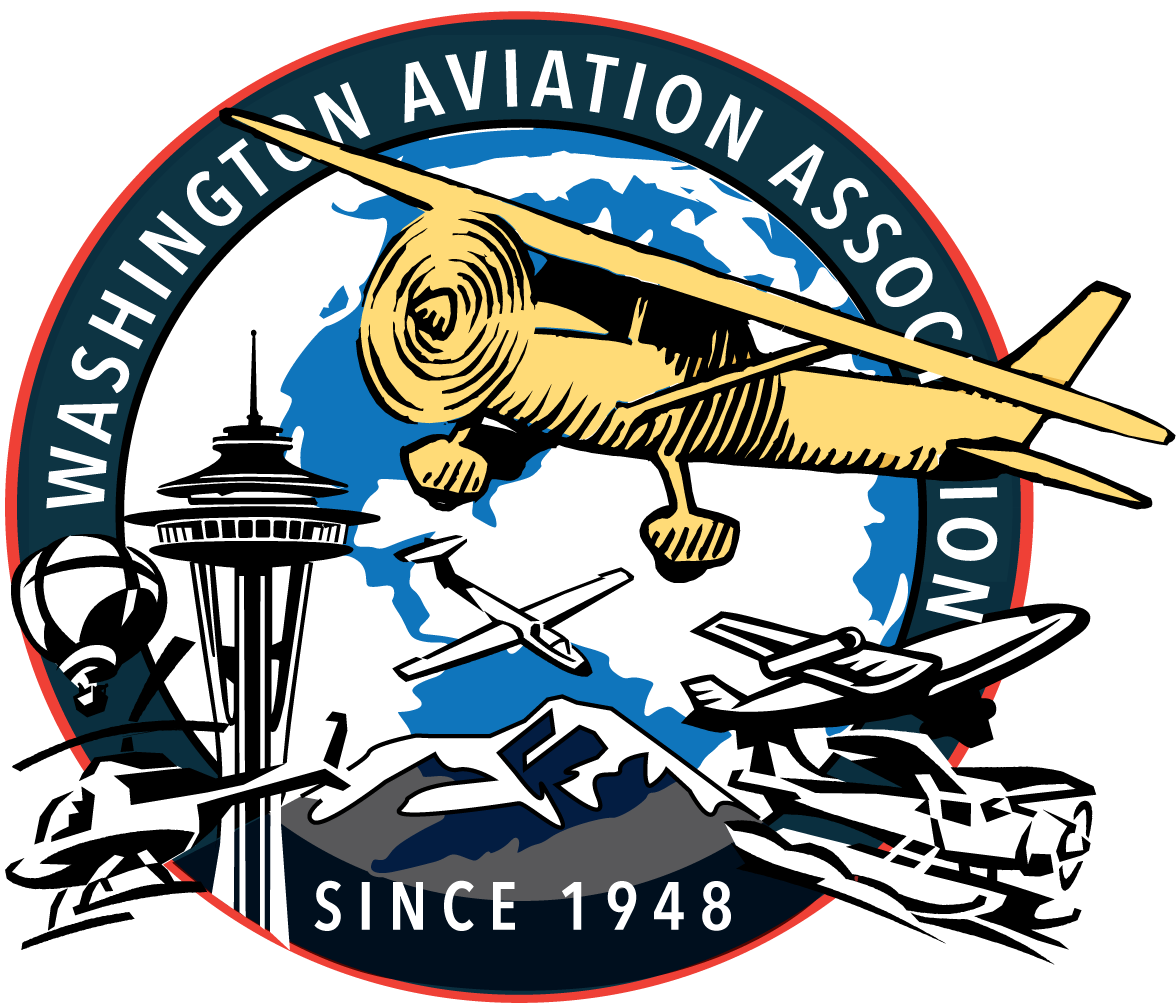A nationwide effort to save sealife – thanks to general aviation pilots.
Each fall in the Northeast, sea turtle conservation gains a unique partner: the general aviation community. Private pilots volunteer to help transport sick turtles to rehabilitation hospitals along the Atlantic and Gulf coasts. Recently Turtles Fly Too expanded that reach to the Northwest with organizing rescue flights for NOAA and SR3 whale entanglement teams.
The Idaho based non-profit Turtles Fly Too is the inspiration of True-Lock Aviation Fasteners developer, Leslie Weinstein. If you had difficulty connecting whales, turtles and pilots – add wheel fasterner inventor to the mix! But it works. With an ability to find creative solutions to difficult problems, Leslie can bring the right people together for a common cause. Whether it be wheel fasteners, sea turtles or pinnipeds – he enjoys making big things happen!
As water temperatures drop in the fall, sea turtles must migrate south into warmer waters. Otherwise they risk becoming “cold-stunned,” a condition similar to hypothermia in people. Cold-stunned sea turtles strand on frigid beaches in the Northeast and will die if not rescued and brought to a rehabilitation facility.
There are an average of 750 cold-stunned sea turtles found in the Northeast every year between November and January. This quickly overwhelms local rehabilitation facilities, and turtles must be transported to other facilities to continue their care. NOAA Fisheries identifies permitted rehabilitation facilities that can care for these turtles and coordinates their transport to these hospitals.
Transports can be stressful for turtles, especially those in poor health. Anything that can be done to minimize transport time reduces that stress and increases the chances of successful rehabilitation. Transports to southern Florida could take 24 hours by ground! That can take a toll on a sick sea turtle, so flying is preferred.
To address this issue, a partnership was born in 2014, during the largest cold-stunned sea turtle stranding season on record. More than 1,200 cold-stunned sea turtles stranded in Massachusetts alone, and local rehab facilities quickly filled.
When Weinstein first heard about the endangered sea turtles in needing “rides,” he starting reaching out to aircraft owners, his True-Lock customers. Leslie contacted NOAA Fisheries to offer assistance in enlisting pilots to volunteer their planes and their time to transport turtles. He created the non-profit organization called Turtles Fly Too, which initially only involved a small number of pilots. Now there are more than 150 “Turtle Fliers.” Each fall they answer the call to assist NOAA in transporting hundreds of cold-stunned sea turtles.
Leslie’s efforts have grown to a nationwide network of pilots and sponsors to also assist in rescues of stranded or entangled whales. Leslie coordinates with NOAA and SR3 to find rides for gear and biologists quickly.
At NWAC Turtles Flys Too will partner with NOAA Fisheries, USFWS, SR3, Seattle Aquarium, and the Oregon Coast Aquarium to host information booths #106-107. Stop by to learn more about how you can help.
